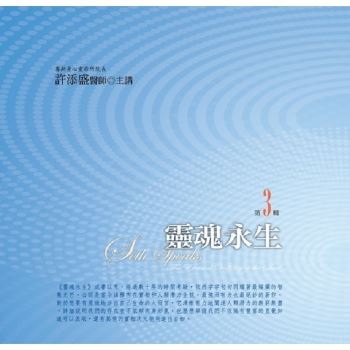It is assumed that workplaces today are the most age diverse that they have ever been, and as a result many managers report difficulties when leading intergenerational teams. Such problems can stem from several myths about generational divides in the workplace, and it is only in recent academic research that these misconceptions have begun to be dispelled. Despite these emerging perspectives, falsehoods are still perpetuated regarding generational groups. Leadership in Multigenerational Organizations is an attempt to dispel some of these inaccuracies, whilst simultaneously suggesting ways in which different generations can be influenced to work cohesively and positively to accomplish organizational goals.
To achieve this, academically supported leadership strategies are examined and applied to the age-related issues that can potentially arise in the workplace. Shifting the focus from assumed generational differences alone, this book considers evidence that calls into question whether intergenerational differences truly are evident in the workplace.
Implementing the approaches in Leadership in Multigenerational Organizations increases the possibility of achieving age inclusive companies with improved workplace satisfaction, and ultimately stronger organizational cultures and overall performances. Urick provides specific strategies to influence members of multiple age groups, and the ideas provided here are applicable to almost all industries and organizational types, despite the continuously evolving generational landscape.












